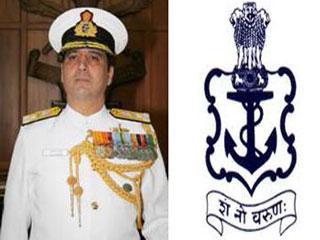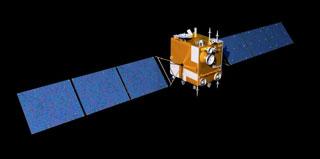The Proton-M is a Russian carrier rocket used to deliver large payloads, such as satellites, into orbit. Photo: Khrunichev Space Center.
MOSCOW (PTI): Russia will resume space launches using Proton-M rockets after authorities blamed "human error" as the prime reason for this month's failure to place a satellite into its designated orbit.
The launches of Proton-M with Briz-M booster stage, the main rocket Russia uses for carrying satellites into space, were suspended after state-of-the-art Express-AM4 telecommunications satellite failed to reach the orbit on August 18 after lifting off from the Baikonur cosmodrome in Kazakhstan.
Interfax reported that future launch could take place next month after the authorities determined what caused the launch to fail this month.
"Human error" is said to be the cause of the failed launch of telecom satellite which was to provide facilities for digital TV broadcasts and secure channels for the government communications, state-run Vesti FM radio said.
"Fault in the software programming has been identified by the probe commission as the cause of failed launch," it said.
Meanwhile, the launches of Soyuz-U vehicles, used to ferry cargo and crews for the International Space Station (ISS), remain suspended in the wake of August 24 crash of Progress-12M automatic freighter with food and other supplies for ISS crew crashed in South Siberia's Altai region minutes after take off from Baikonur.
The probe commission, which has so far failed to find the debris of the crashed spacecraft, has identified the fault in gas generator which mixes liquid fuel with oxygen as the probable cause of the Progress crash, which is presumed to have been totally burnt in the atmosphere as no traces of toxic fuel have been found in the Altai region famous for its virgin nature.
 Previous Article
Previous Article Next Article
Next Article












The Indian Air Force, in its flight trials evaluation report submitted before the Defence Ministry l..
view articleAn insight into the Medium Multi-Role Combat Aircraft competition...
view articleSky enthusiasts can now spot the International Space Station (ISS) commanded by Indian-American astr..
view article